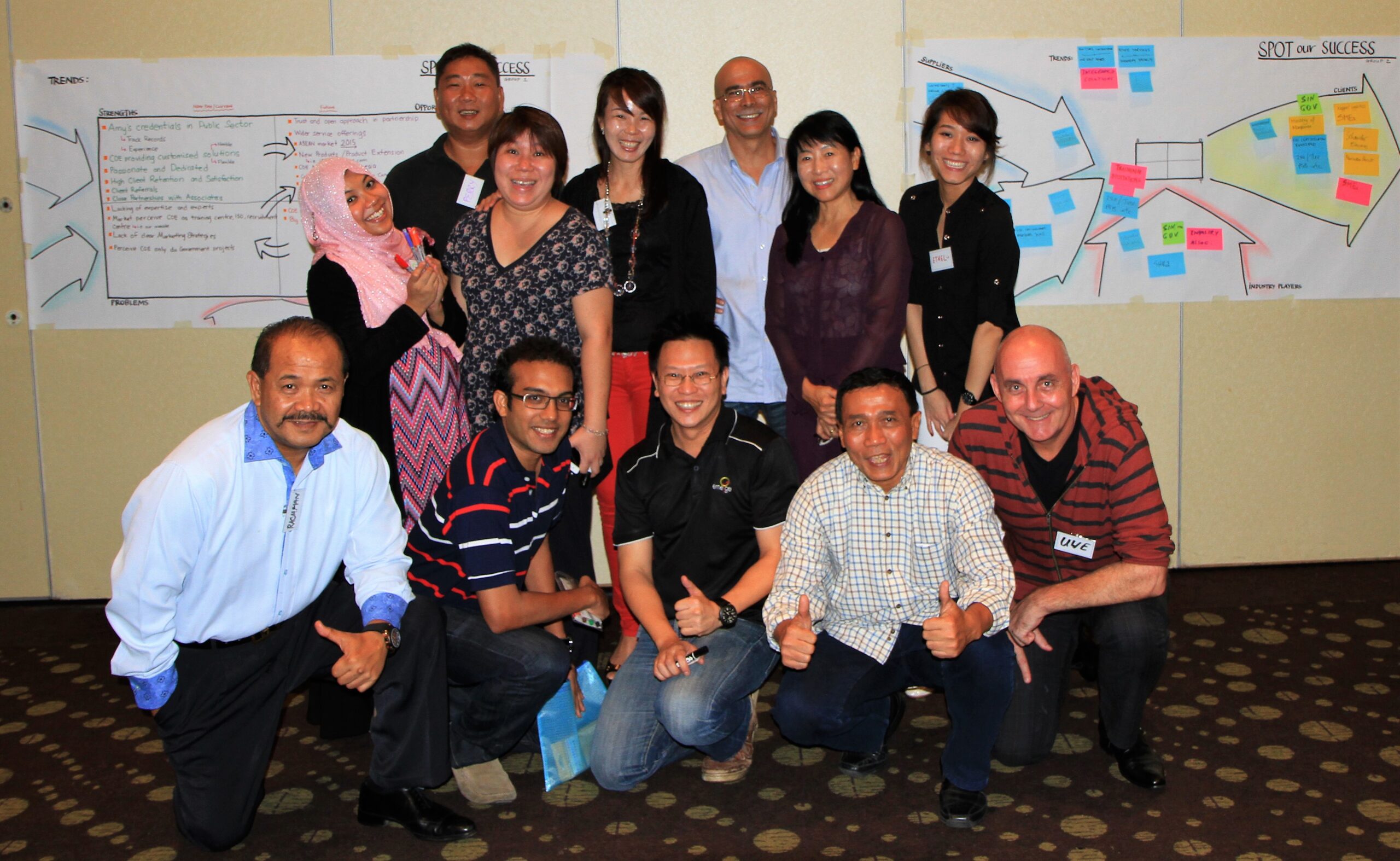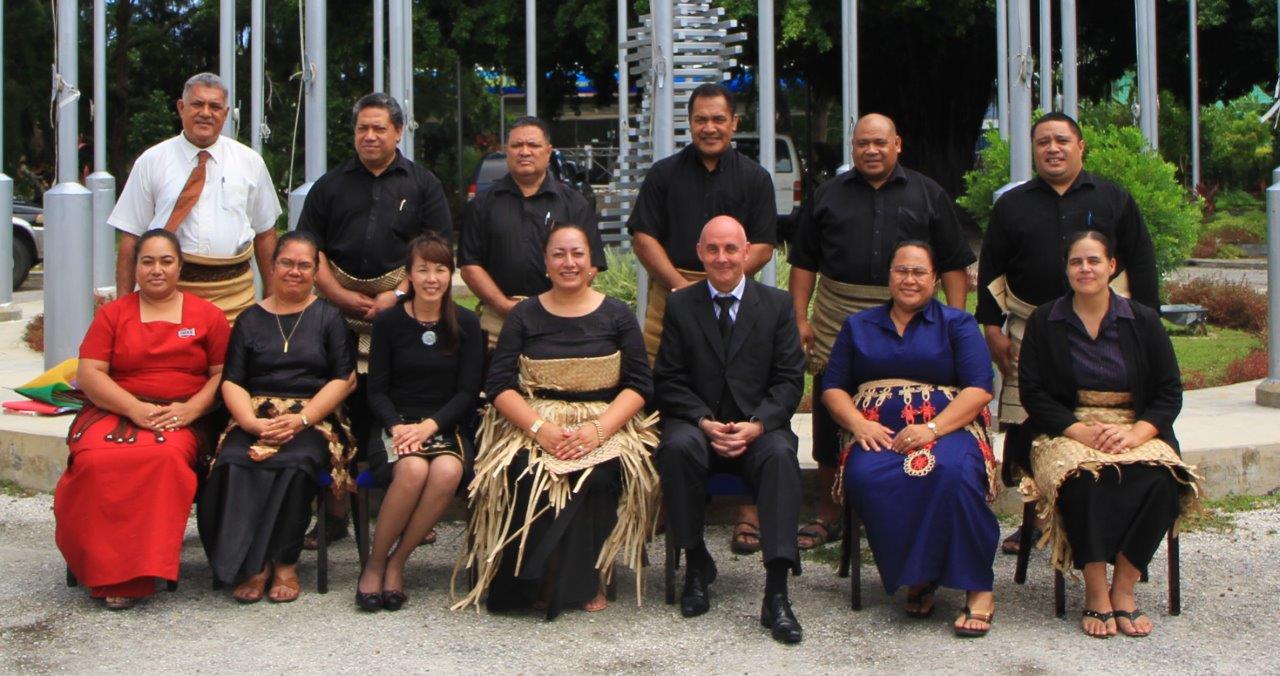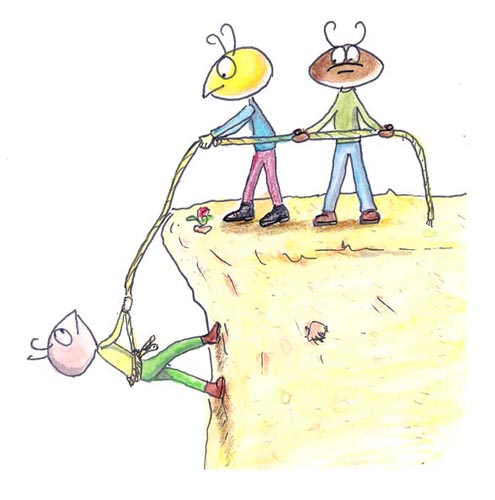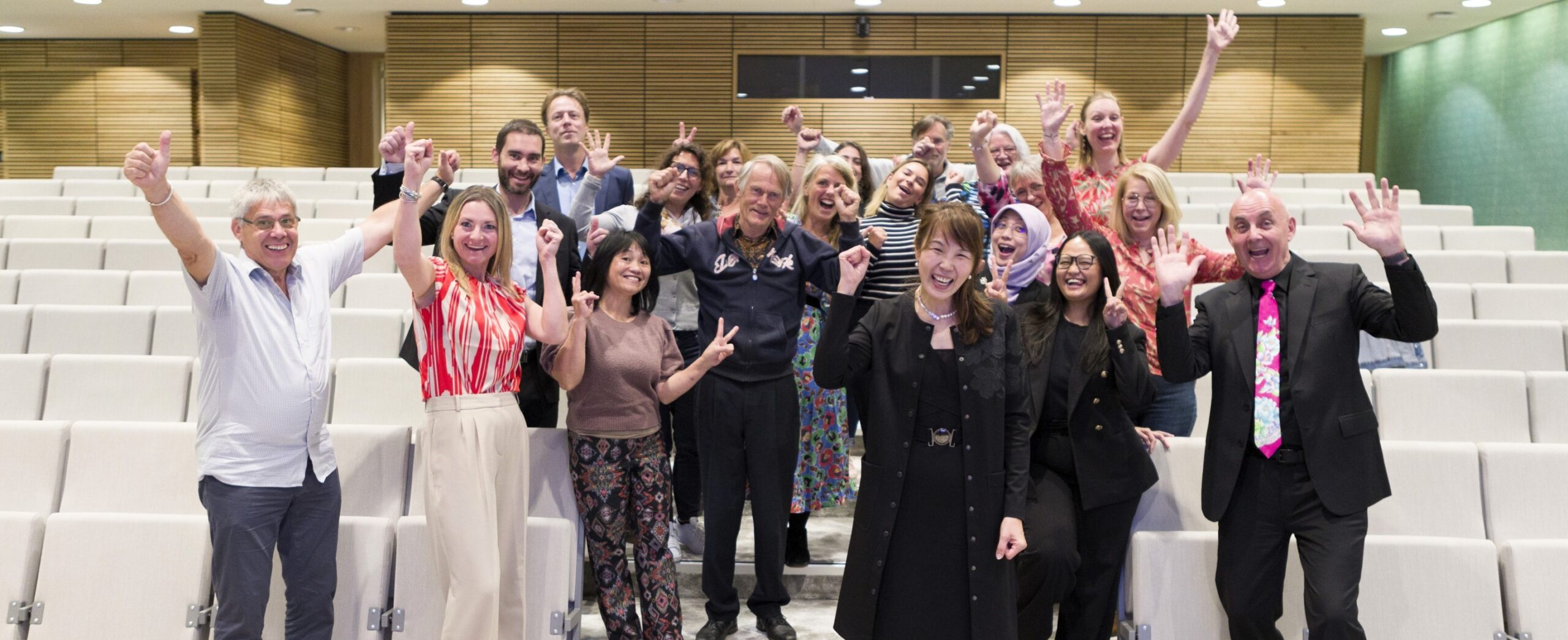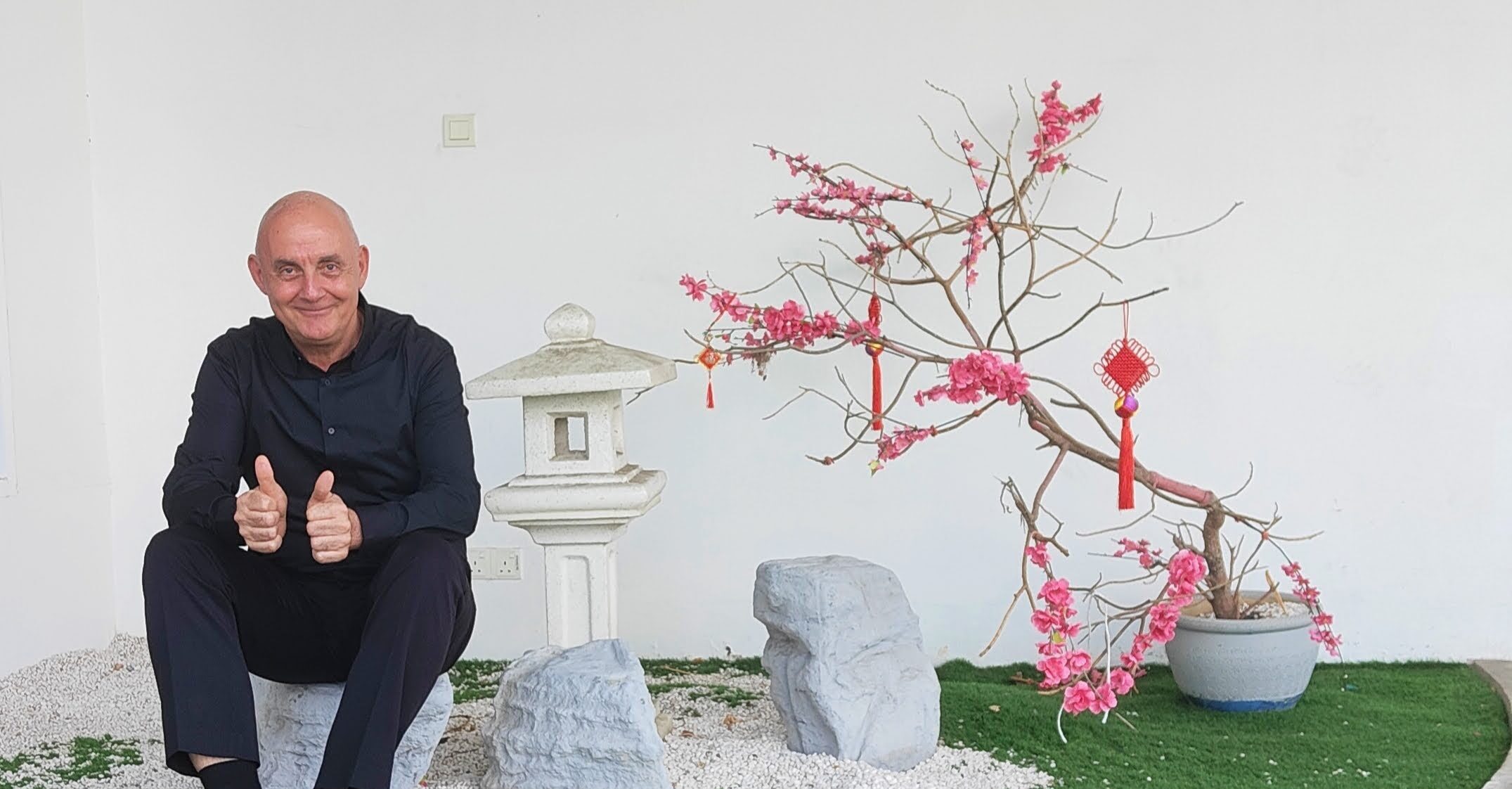
I Am Busy. I Work Very Hard.

Beware The Culture of Busyness
The recent HBR article “Beware a culture of busyness” by Adam Waytz questions this fashion.
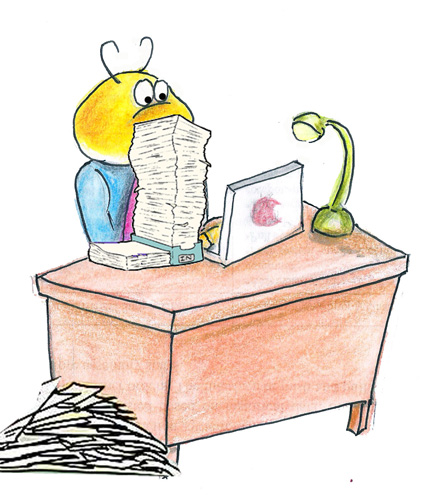
Busyness has become a status symbol. People consider those who exert high effort to be “morally admirable,” regardless of their output. Adam Waytz
Busy With Support Activities
An analysis of the working pattern of a group of scientists in a lab revealed that they usually spend only 57% of their working hours on their core activities.
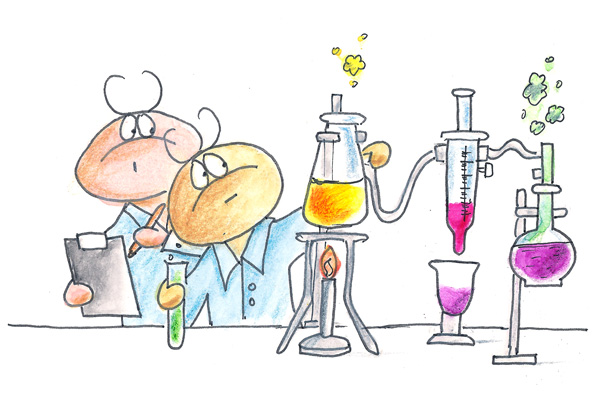
Data show that they spend 18% of their time on secondary activities. These are support activities that are certainly crucial to the core analysis. However, these activities do not require the qualification of a scientist.
The remaining 25% is spent on administrative activities that could be done by someone you can hire from the next bus stop.
Busy Pursuing The Wrong Targets

Work Smarter, Not Harder
Being busy does not necessarily mean doing the right thing in a productive way (Building the muscles of your workforce).
- Of all the activities I am busy with, which ones do not add any value to the external customer? Why do I need to perform these?
- Which of the activities I am busy with are repetitive and show room for automation, for example, through RPA?
- Which activities are performed similarly by colleagues? Creating multiple similar reports every month is a common example.

Leaders can play a crucial role in fostering a culture of continuous improvement and innovation by asking their teams the following questions:
- Which aspects of your work could be approached differently for higher productivity?
- Have you made any recent changes to your work processes? If so, what were they?
- Are there any tasks or activities in your work that could be eliminated to enhance efficiency?
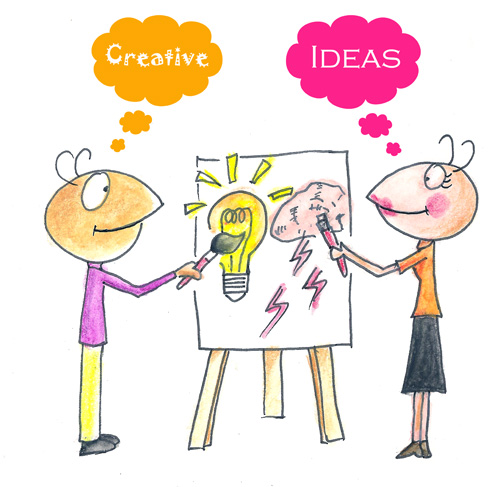
Article published on LinkedIn: I Am Busy. I Work Very Hard. | LinkedIn
- All Posts
- Coaching

